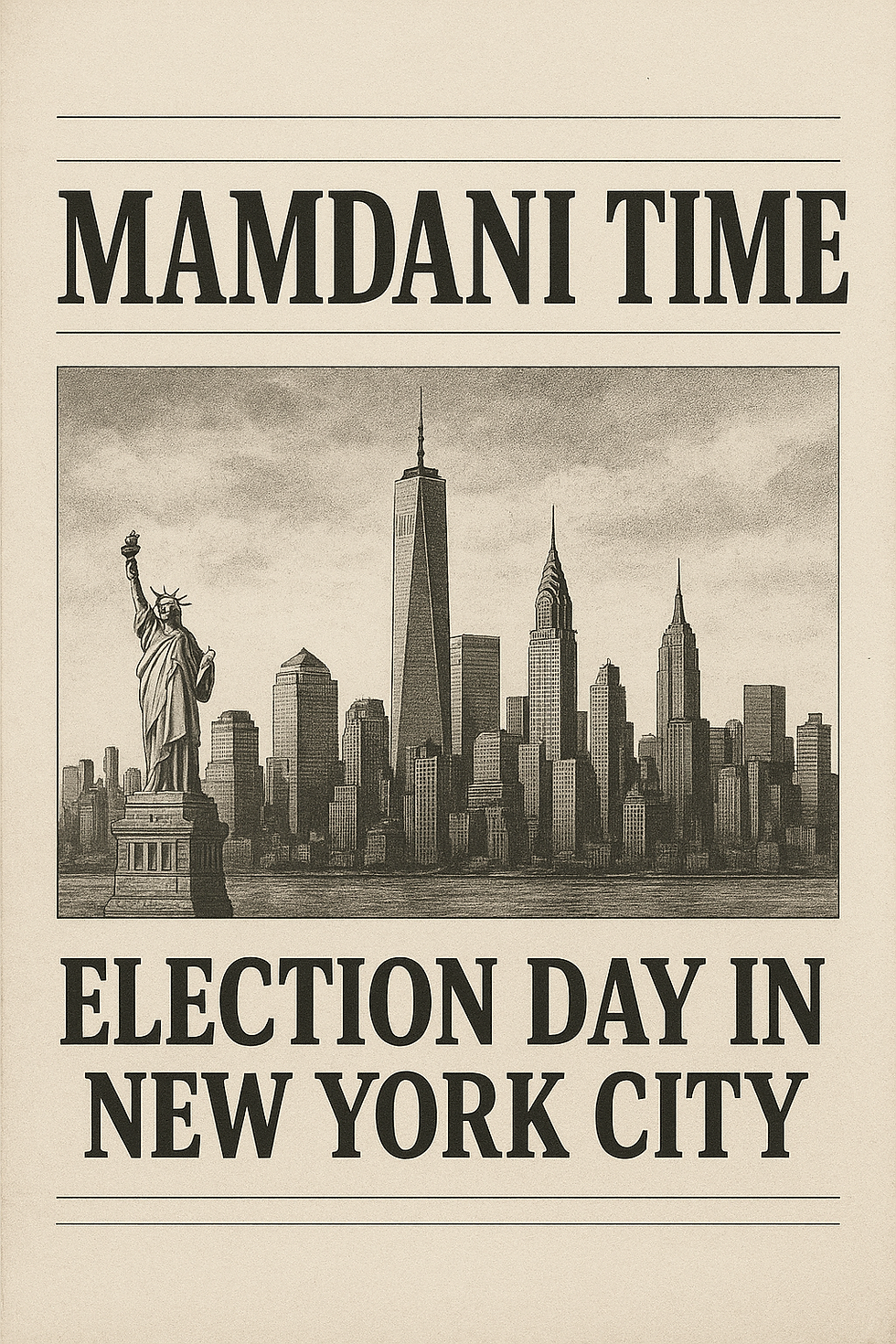Navigating Politics in a Technology-Driven World
- Tony Storcke
- Oct 15
- 4 min read
In today's fast-paced world, technology influences nearly every aspect of our lives. From how we communicate to how we engage with politics, the digital landscape shapes our experiences and perceptions. As citizens, we must learn to navigate this complex environment. Understanding the intersection of technology and politics is crucial for informed decision-making and active participation in our democracy.
The rise of social media, online news platforms, and digital communication has transformed political discourse. These tools have made it easier for people to express their opinions, mobilize support, and engage with political issues. However, they also present challenges, such as misinformation and polarization. In this blog post, we will explore how to navigate politics in a technology-driven world, focusing on the opportunities and challenges that arise from this digital age.
The Role of Social Media in Politics
Social media platforms like Twitter, Facebook, and Instagram have become essential tools for political engagement. Politicians use these platforms to connect with voters, share their messages, and respond to current events. For many, social media is the primary source of news and information about political issues.
Opportunities
Direct Communication: Social media allows politicians to communicate directly with their constituents. This can lead to more transparent and responsive governance.
Grassroots Movements: Social media has empowered grassroots movements. Activists can organize events, share information, and rally support quickly and efficiently.
Increased Engagement: Younger generations are more likely to engage with political content online. This can lead to higher voter turnout and increased civic participation.
Challenges
Misinformation: The spread of false information is a significant concern. Misinformation can shape public opinion and influence elections.
Polarization: Social media can create echo chambers, where users only see content that aligns with their beliefs. This can lead to increased division and hostility among different political groups.
Privacy Concerns: The collection of personal data by social media companies raises questions about privacy and surveillance. Users must be aware of how their information is used and shared.
The Impact of Online News
The way we consume news has changed dramatically in recent years. Traditional news outlets are competing with online platforms that offer instant access to information. This shift has both positive and negative implications for political engagement.
Opportunities
Access to Diverse Perspectives: Online news platforms provide access to a wide range of viewpoints. This can help individuals form well-rounded opinions on political issues.
Real-Time Updates: The internet allows for real-time news updates. This is especially important during elections or crises when timely information is crucial.
Citizen Journalism: Anyone with a smartphone can report news. This democratizes information and allows for more voices to be heard.
Challenges
Quality of Information: Not all online news sources are reliable. It is essential to verify information and seek out credible sources.
Information Overload: The sheer volume of information available can be overwhelming. Users must learn to filter out noise and focus on what matters.
Echo Chambers: Similar to social media, online news can create echo chambers. Users may gravitate toward sources that confirm their beliefs, limiting exposure to differing viewpoints.
Engaging in Political Discourse
Engaging in political discourse is vital for a healthy democracy. However, the digital landscape can complicate these conversations. Here are some strategies for effective engagement.
Be Informed
Before participating in discussions, take the time to educate yourself on the issues. Read articles from various sources, watch debates, and listen to podcasts. Being well-informed will help you articulate your views and engage in meaningful conversations.
Practice Respectful Dialogue
Political discussions can become heated. It is essential to approach conversations with respect and an open mind. Listen to opposing viewpoints and seek common ground. This can lead to more productive discussions and a better understanding of different perspectives.
Use Technology Wisely
Leverage technology to enhance your political engagement. Follow reputable news sources, join online forums, and participate in virtual town halls. Use social media to share information and connect with like-minded individuals, but be cautious about spreading misinformation.
The Future of Politics in a Digital Age
As technology continues to evolve, so will its impact on politics. Here are some trends to watch for in the coming years.
Increased Use of Artificial Intelligence
Artificial intelligence (AI) is becoming more prevalent in political campaigns. From targeted advertising to data analysis, AI can help campaigns reach voters more effectively. However, this raises ethical questions about privacy and manipulation.
Virtual Reality and Augmented Reality
Virtual reality (VR) and augmented reality (AR) have the potential to change how we experience political events. Imagine attending a political rally from the comfort of your home or using AR to visualize policy impacts. These technologies could enhance engagement and understanding.
Cybersecurity Concerns
As politics becomes more digital, cybersecurity will be a growing concern. Protecting sensitive information and ensuring the integrity of elections will be critical. Governments and organizations must invest in robust cybersecurity measures to safeguard democracy.
Conclusion: Embracing the Digital Political Landscape
Navigating politics in a technology-driven world is both exciting and challenging. The digital landscape offers new opportunities for engagement and activism, but it also presents risks that we must address. By staying informed, practicing respectful dialogue, and using technology wisely, we can become active participants in our democracy.
As we move forward, it is essential to embrace the changes that technology brings while remaining vigilant against its pitfalls. The future of politics is in our hands, and with the right tools and mindset, we can shape a more informed and engaged society.




Comments